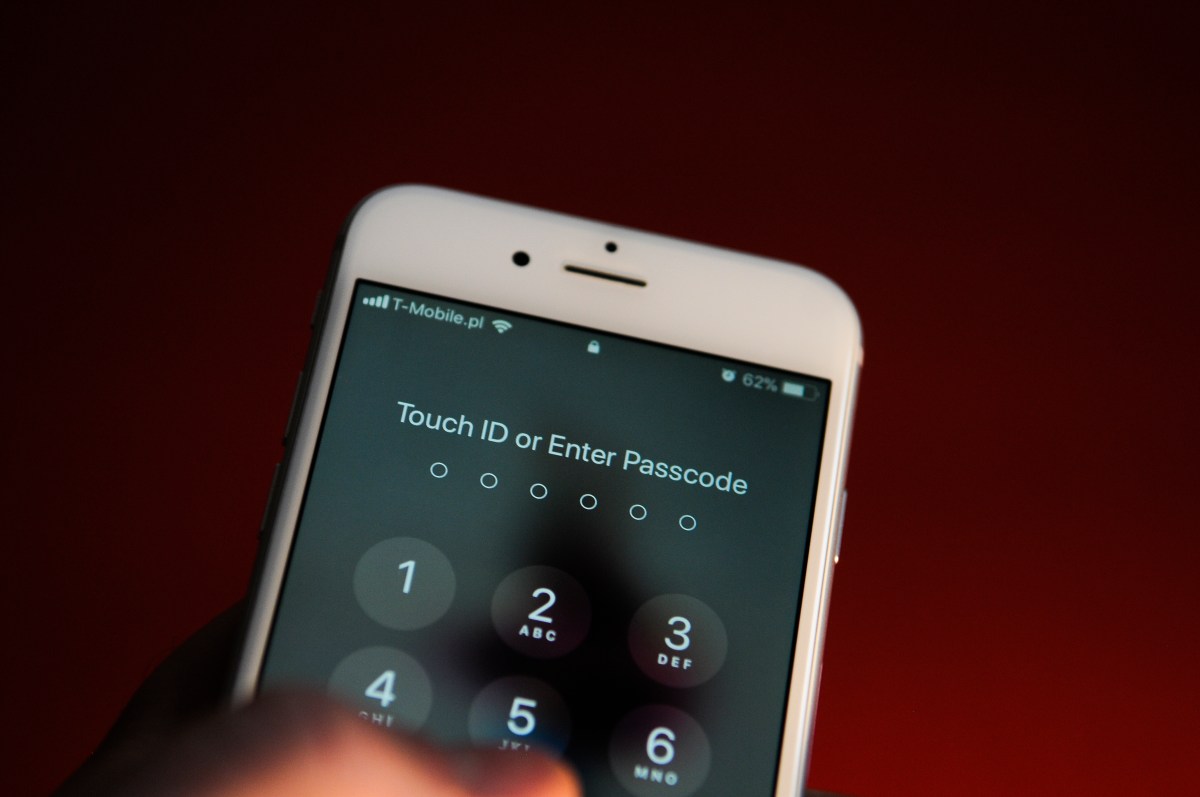
Similar Posts

SGNL Secures $30M Investment to Revolutionize ID Security with Zero-Standing Privileges
Startup SGNL has raised $30 million in a Series A funding round led by Brightmind Partners, with participation from Microsoft and Cisco Investments, bringing its total funding to $42 million. SGNL focuses on identity security, employing a zero-standing privilege model for user access management to combat vulnerabilities from leaked credentials. Co-founded by former Google executives Scott Kriz and Erik Gustavson, SGNL aims to enhance identity management with innovative technology like the Continuous Access Evaluation Protocol (CAEP). The company has attracted major enterprise clients, streamlining access policies and improving security, while addressing risks highlighted by recent identity breaches.

MGM Resorts Reaches Settlement After Major Data Breach Exposes Millions of Customer Records
MGM Resorts has agreed to a $45 million settlement to resolve class-action lawsuits related to two significant cyberattacks that compromised personal data of millions of customers. The settlement, noted in a court filing, awaits approval from a Las Vegas federal court, with a ruling expected on June 18. The breaches occurred in 2019 and 2023, affecting over 37 million customers. The settlement allocates about 30% for attorney fees, with class action participants potentially receiving up to $75 each. MGM aims to enhance security measures to prevent future incidents as concerns over data protection in the hospitality industry grow.

UK Set to Ban Public Sector from Paying Ransomware Hackers: A Bold Move Against Cybercrime
The U.K. government is contemplating a ban on ransom payments to cybercriminals, particularly targeting public sector organizations like local councils and NHS trusts. This proposal, initiated by the Home Office, aims to disrupt the financial incentives behind ransomware attacks, which have surged recently, notably affecting the NHS. The plan includes making it a criminal offense for critical infrastructure organizations to pay ransoms and establishing mandatory reporting for cyber incidents. Security Minister Dan Jarvis emphasized the urgency of these measures, given the estimated $1 billion paid to ransomware criminals globally in 2023. Consultations will conclude in April 2025.

Understanding Apple’s Lockdown Mode: Boost Your Security While Navigating Confusing Notifications
Apple’s Lockdown Mode, introduced in 2022, is a vital security feature for vulnerable users, including dissidents and journalists, designed to prevent advanced hacking attempts. It disables certain functionalities on Apple devices to safeguard against spyware and zero-day vulnerabilities. Key restrictions include blocking unknown contacts, disabling web tracking, and limiting file types. While effective—no successful hacks have reportedly occurred against users who enable it—confusing notifications often mislead users about its functionality. Despite testing revealing that some messages may still come through, the lack of clarity in alerts can hinder user confidence. Greater transparency from Apple is needed for optimal usage.

DOGE’s HR Email Flooded with Hilarious ‘Bee Movie’ Spam: What You Need to Know!
Over the weekend, Elon Musk posed a contentious question on X, asking if federal employees should report their weekly accomplishments. With over 70% in favor, the U.S. Office of Personnel Management (OPM) quickly requested this information from employees, warning that noncompliance would be seen as resignation. This initiative sparked backlash and online resistance, with users planning spam campaigns against the OPM email address. Concerns about job security and privacy were raised, especially given a past data breach affecting millions. Critics argue Musk’s team has gained too much access to government systems, raising further doubts about the initiative’s effectiveness.

Ukraine’s Defense Tech Revolution: Europe’s Strategic Focus Three Years On
Today marks the third anniversary of Russia’s invasion of Ukraine, showcasing the resilience and innovation of the Ukrainian people despite ongoing conflict. Ukraine’s defense initiatives, such as BRAVE1, aim to enhance military capabilities and foster technological advancement, particularly in AI-enabled drone technology. European investment in defense startups has surged, with over $1 billion allocated in 2024, highlighting a shift towards military innovation. Startups like Technary and Dropla are developing solutions for drone reporting and de-mining. As Europe reassesses its security, collaboration with Ukraine’s tech sector will be vital for future preparedness against threats.
